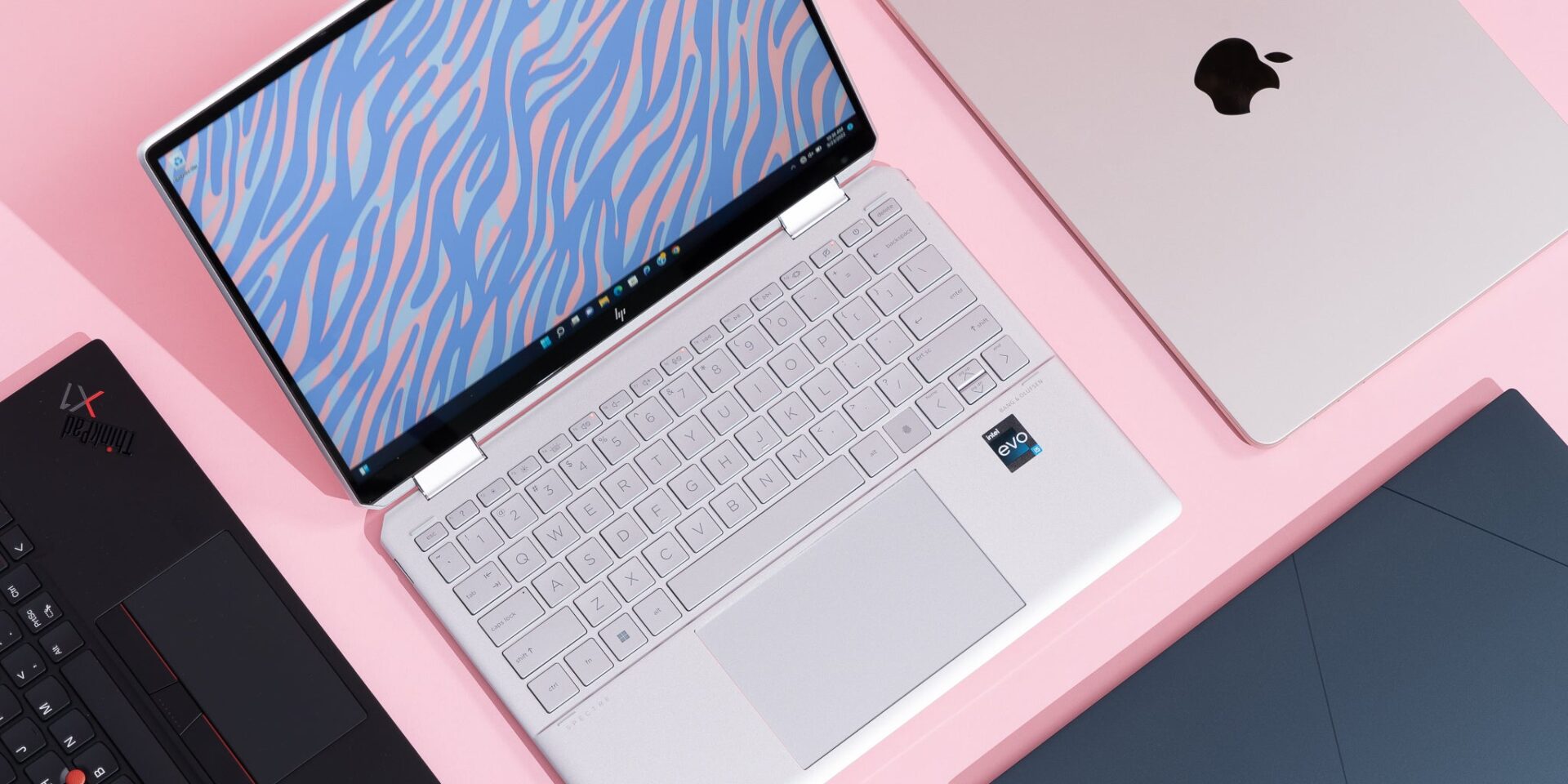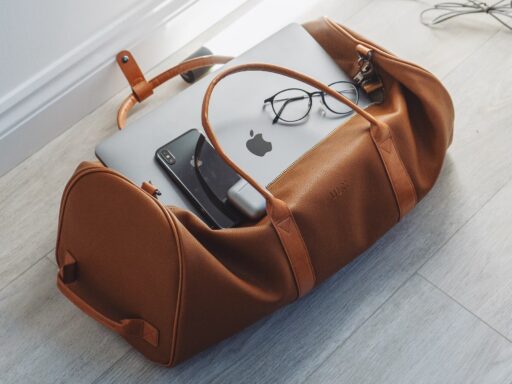With so many laptop options on the market, deciding what to buy can feel overwhelming. Take some time to think through your most important tasks and priorities for clarity.
List what you need the laptop for: like work, school, gaming or media. Consider how much power you require for tasks like video editing vs. basic internet use.
Consider screen size based on where you’ll use it. Bigger is better for comfortable viewing at home, while portability rules for frequent travel. Touchscreens add flexibility for some.
Check minimum system requirements for any software or apps to be installed. This will indicate if an entry-level model suffices or if an upgraded processor and graphics card are a must-have.
Storage needs depend on how many files and photos you keep locally. Opt for solid-state drives (SSDs) over regular hard disks for faster responsiveness.
Weigh long battery life vs cost – high-performing machines drain quicker. Additional features like fingerprint readers are neat but only if your budget allows.
Shop reputable brands as their longevity offsets slightly higher prices. Check reviews covering reliability to avoid early breakdown hassles.
Choosing the right laptop involves considering your specific needs, understanding key components, and balancing performance with portability and budget. By keeping these factors in mind, you can find the perfect laptop to meet your needs and ensure a satisfying purchase.







